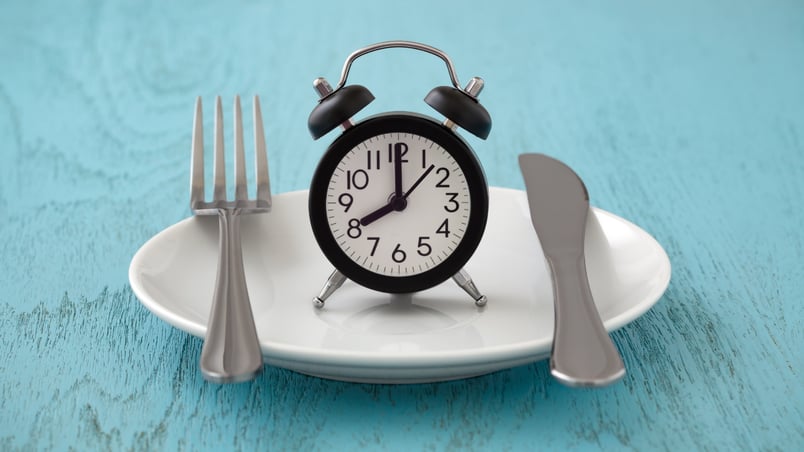HR Insights for the Future of Work
Be inspired by trends, stories, and smart solutions to cut admin and boost employee engagement.
employee scheduling (29)
HRM (23)
Absence Management (19)
Time-tracking (18)
Payroll (13)
Regulations (12)
Management (11)
Policies (5)
Product Comparison (4)

employee scheduling
Your Guide to Shift Planning That Fits Your Team’s Rhythm & Business Scale
Rinaily Bonifacio
19 January 2026

employee scheduling
How 3 Teams Reduce Scheduling Stress With Employee Scheduling Software
Rinaily Bonifacio
20 January 2026

employee scheduling
Structured Planning vs. Reactive Planning: This is the Difference
Rinaily Bonifacio
19 January 2026

Time-tracking
Strategies for Accurately Tracking Employee Hours in 2026
Rinaily Bonifacio
19 January 2026

Product Comparison
Shiftbase vs RotaCloud: Smart Scheduling for UK SMEs Compared
Rinaily Bonifacio
19 January 2026

Regulations
Employment Rights Bill & the End of Exploitative Zero-Hours in Hospitality
Rinaily Bonifacio
19 January 2026

Payroll
How to Cut Labour Costs by 5–10% in UK Restaurants (Without Cutting Staff)
Rinaily Bonifacio
19 January 2026

Product Comparison
Shiftbase vs Papershift: Which Rota Tool is The Best Fit For Your Business?
Rinaily Bonifacio
19 January 2026

Product Comparison
Best Workforce Management Tools for Hourly Employees in 2026
Rinaily Bonifacio
19 January 2026

Product Comparison
Shiftbase vs Dyflexis: Which WFM Tool Fits Hospitality & Retail SMEs Best?
Rinaily Bonifacio
19 January 2026

Regulations
Paid Breaks vs Meal Periods vs Off-the-clock: What’s Legal?
Rinaily Bonifacio
19 January 2026

Payroll
Restaurant overtime FAQ 2026: Who's exempt and who's not and what to do now
Rinaily Bonifacio
10 December 2025